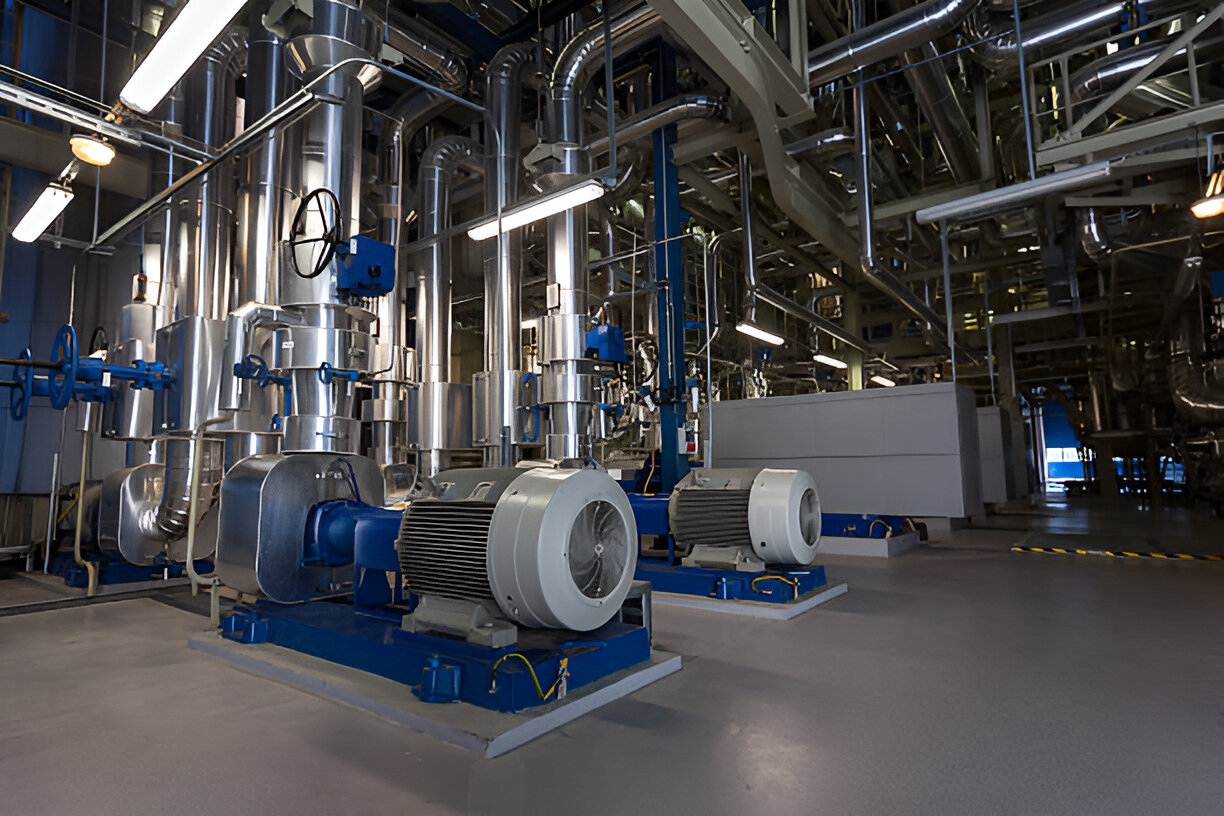High pressure water pumps are essential tools across a wide range of industries. From industrial cleaning and descaling to oil and gas production, these powerful pumps handle some of the most demanding fluid transfer tasks. But what exactly are they used for—and why are they so crucial?
What Are High Pressure Water Pumps?
A high pressure water pump is designed to move water or other fluids at significantly higher pressures than standard pumps. These pumps typically operate at pressures ranging from 800 psi to over 40,000 psi, depending on the industry and application. They are built for precision, reliability, and durability under extreme conditions.
Industries and Applications That Use High Pressure Water Pumps
1. Oil & Gas Industry
High pressure pumps play a vital role in oilfield operations, including:
- Water injection for enhanced oil recovery (EOR): Pumps inject water into reservoirs to boost oil output.
- Well stimulation: High pressure is used in acidizing and hydraulic fracturing to increase flow from oil wells.
- Produced water transfer: Safely moves contaminated water for treatment or disposal.
These pumps must withstand corrosive fluids and operate under tough environmental conditions making rugged design and efficiency critical.
2. Desalination Plants
In reverse osmosis desalination, seawater is forced through semipermeable membranes at high pressure to remove salts. The process requires pumps capable of delivering consistent pressures above 800 psi.
High pressure pumps are essential here because:
- They maintain membrane integrity.
- They improve recovery rates.
- They reduce energy consumption when designed for efficiency.
3. Power Generation
In both fossil fuel and nuclear plants, boiler feedwater must be pressurized before entering the steam generation system. High pressure multistage pumps are used to:
- Supply clean, high-pressure water to boilers.
- Circulate cooling water through turbines.
- Handle condensate return at elevated pressures.
Precision and reliability are key—downtime can cost millions.
4. Industrial Cleaning & Surface Preparation
High pressure water jets are used for:
- Paint and rust removal from metal surfaces.
- Cleaning heat exchangers, tanks, and pipelines.
- Concrete demolition and hydro-demolition.
These systems typically operate between 10,000 to 40,000 psi, and are used in construction, shipyards, manufacturing, and public infrastructure maintenance.
5. Food & Beverage Processing
While it might seem surprising, high pressure pumps are used in high pressure processing (HPP) for food preservation. This non-thermal process uses water pressures of up to 87,000 psi to:
- Kill pathogens and bacteria.
- Extend shelf life.
- Preserve flavor and nutrients.
HPP systems require hygienic, high-pressure pump systems that meet food-grade standards.
6. Mining & Mineral Processing
In mining operations, high pressure pumps are used for:
- Ore washing and separation.
- Slurry transfer.
- Dust suppression.
They ensure water moves efficiently through abrasive and sometimes corrosive materials.
7. Chemical Processing
High pressure chemical dosing pumps are critical for:
- Precise fluid metering.
- Handling aggressive and hazardous fluids.
- Maintaining consistent process control in chemical reactions.
Materials of construction (like Hastelloy or duplex stainless steel) are crucial here for chemical compatibility.
Key Benefits of High Pressure Water Pumps
- Efficient fluid transfer over long distances
- Ability to handle corrosive, hot, or viscous fluids
- Reduced operational downtime due to robust design
- Energy efficiency when using advanced hydraulic systems
- Versatility across multiple industrial sectors
How to Choose the Right High Pressure Pump
When selecting a high pressure pump, consider:
- Required flow rate and pressure
- Fluid characteristics (temperature, viscosity, abrasiveness)
- Environmental and operational conditions
- Compliance with industry regulations (API 674, ISO standards)
- Maintenance and lifecycle costs
Sundyne designs high pressure pump systems tailored for demanding applications, delivering precision-engineered solutions that last.
Frequently Asked Questions (FAQs)
1. What is the difference between high pressure and ultra high pressure pumps?
High pressure pumps typically operate between 800–10,000 psi, while ultra high pressure pumps exceed 10,000 psi and can go up to 40,000 psi or more. Ultra high pressure is often used in cutting, hydro-demolition, and advanced cleaning tasks.
2. What materials are used in high pressure pumps?
High pressure pumps use corrosion-resistant materials like:
- Stainless steel
- Duplex and super duplex alloys
- Hastelloy
- Titanium (for seawater or aggressive chemicals)
Material selection depends on the fluid being pumped and the operating environment.
3. Can high pressure water pumps handle chemicals or abrasive fluids?
Yes but not all pumps are designed for this. Industrial-grade high pressure pumps can be configured to handle corrosive chemicals, slurries, or abrasive media by using special coatings, seals, and wear-resistant materials.
4. What maintenance do high pressure pumps require?
Routine maintenance includes:
- Checking seals and bearings
- Inspecting wear parts
- Monitoring for vibration or noise
- Replacing filters and lubricants
Using OEM parts and scheduled service ensures optimal performance and reduces unplanned downtime.
5. Which industries benefit most from high pressure water pumps?
Industries that rely on fluid movement under pressure like oil & gas, power generation, chemical processing, food & beverage, and water treatment see the greatest benefits from high pressure water pumps. They are essential for safe, efficient, and scalable operations.
Conclusion
High pressure water pumps are the backbone of many industrial systems. From powering oilfields and processing chemicals to purifying water and preserving food, these pumps drive efficiency and safety where it matters most.
Choosing the right high pressure pump can improve efficiency, reduce maintenance downtime, and ensure long-term system reliability. By considering your flow requirements, pressure needs, fluid properties, and environmental conditions, you can select a pump that meets your exact operational goals.
For industries that rely on precision and performance, high pressure water pumps are more than just equipment—they’re critical infrastructure.

